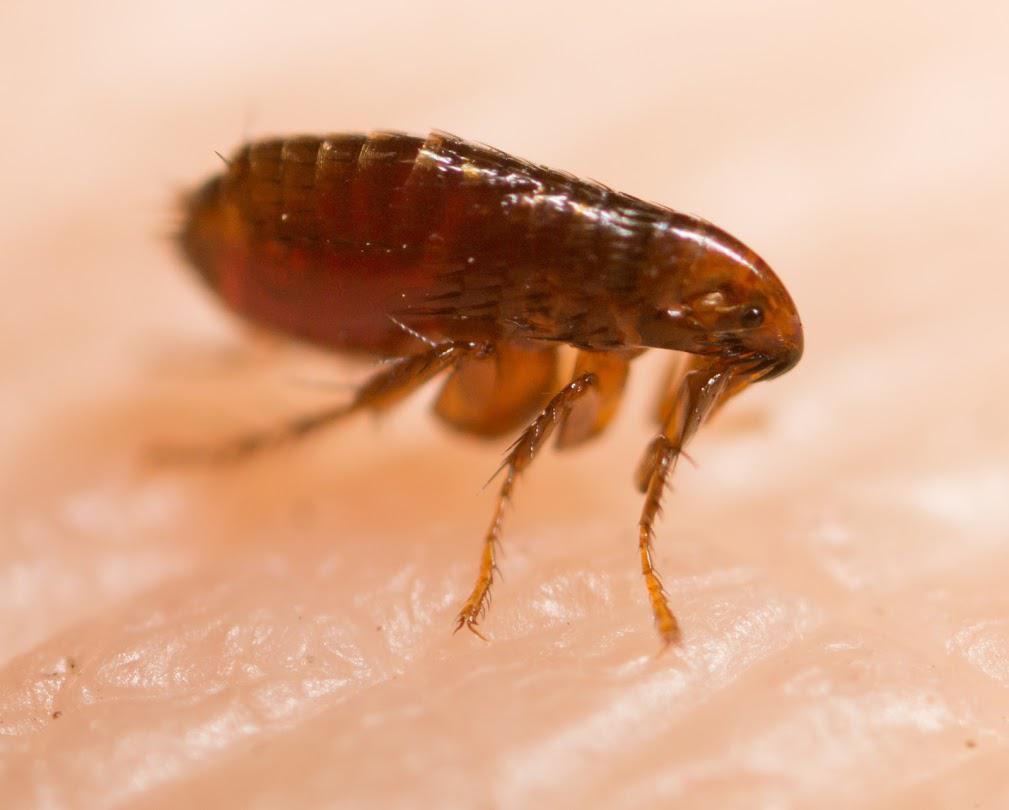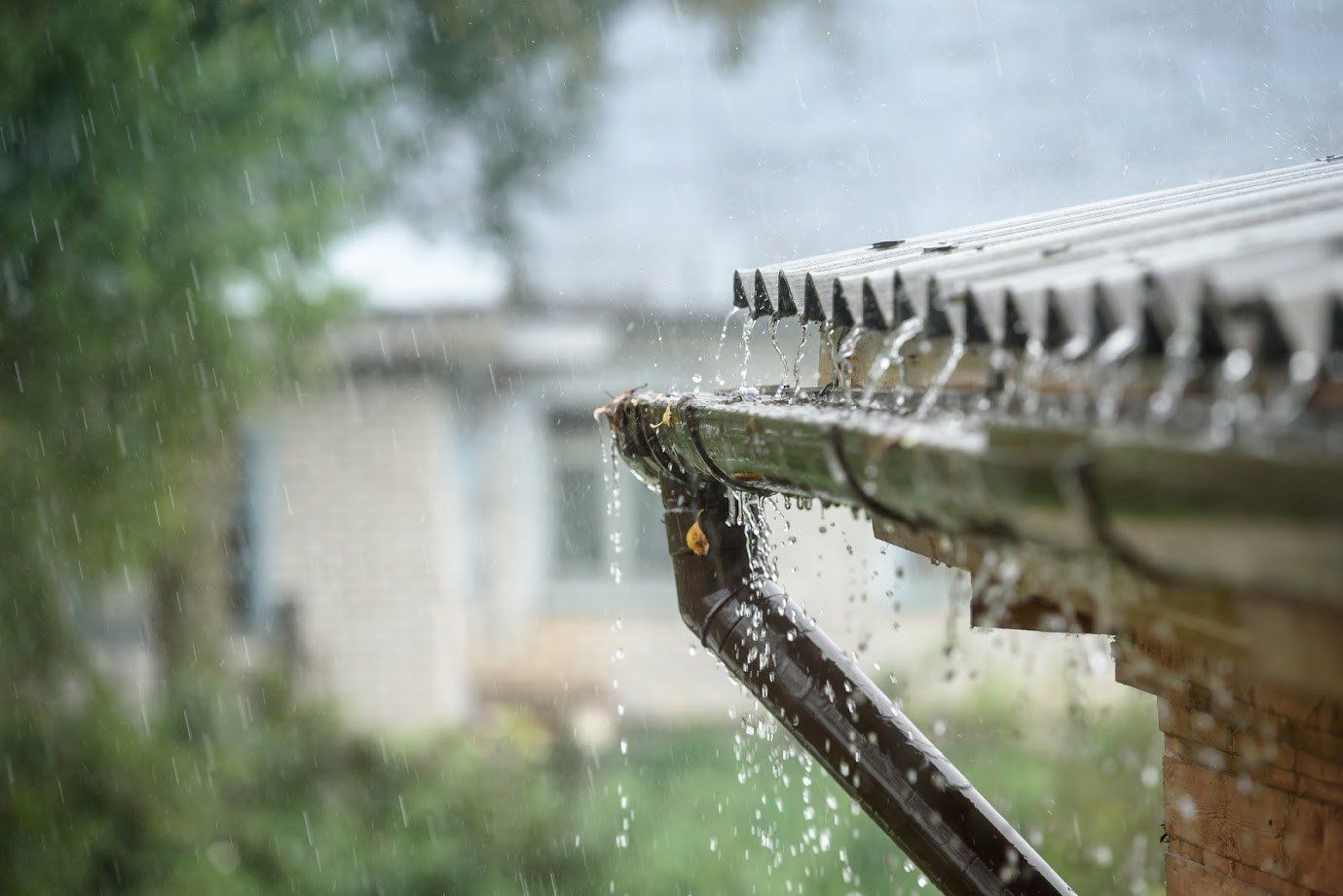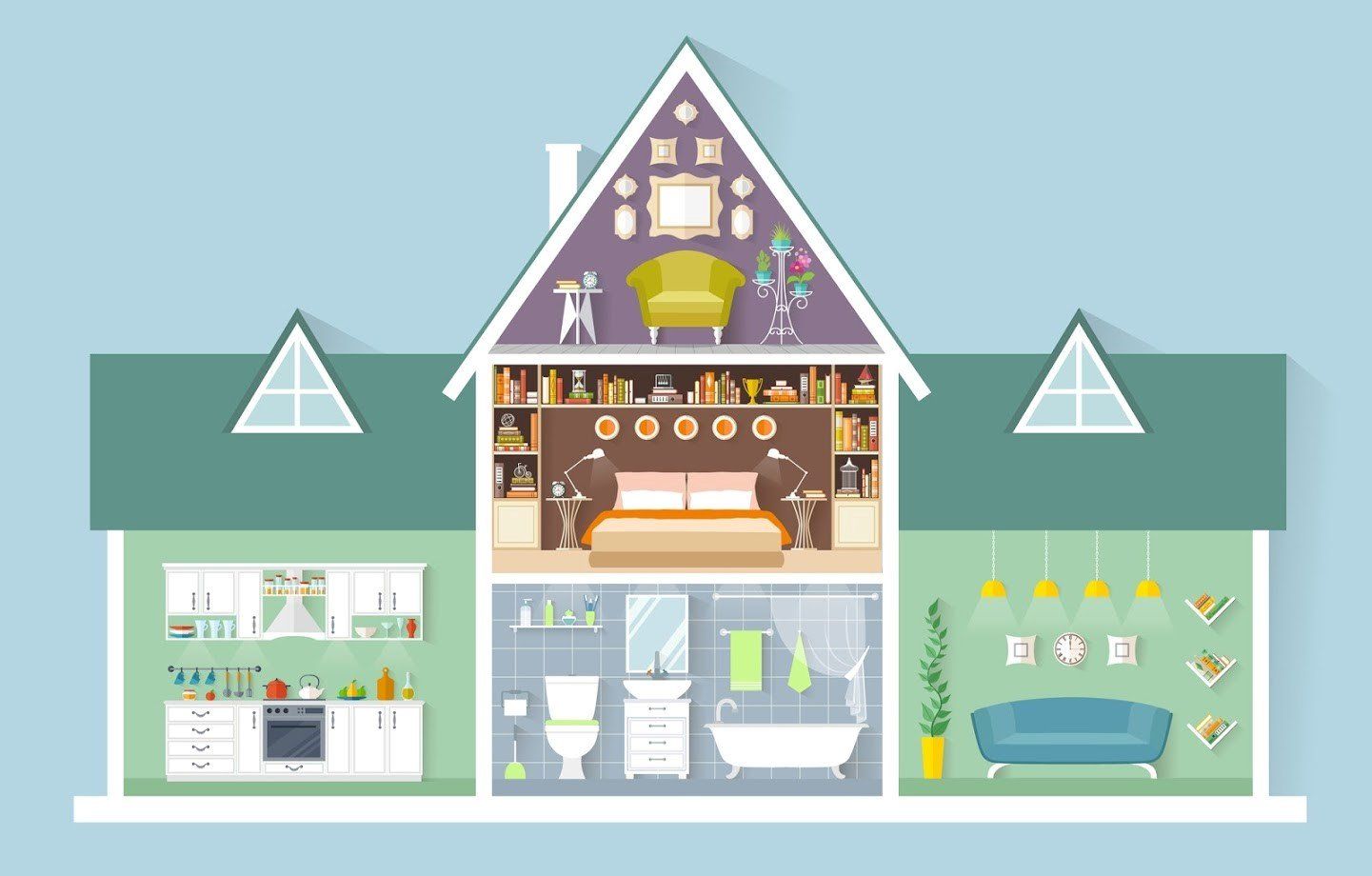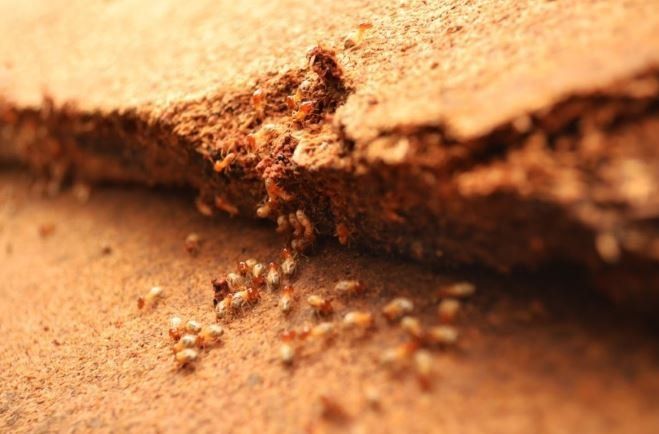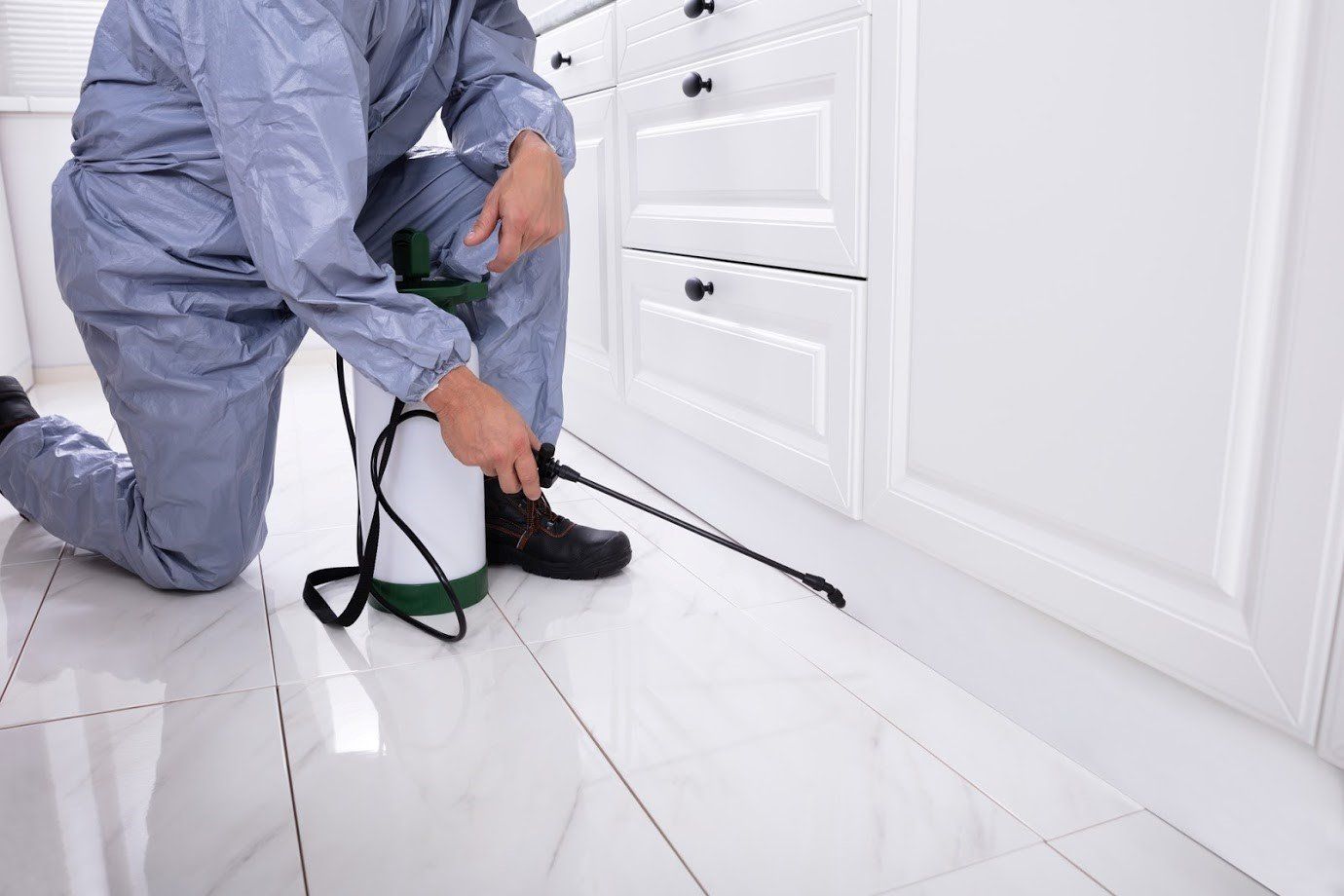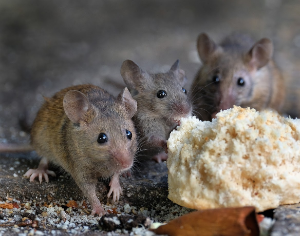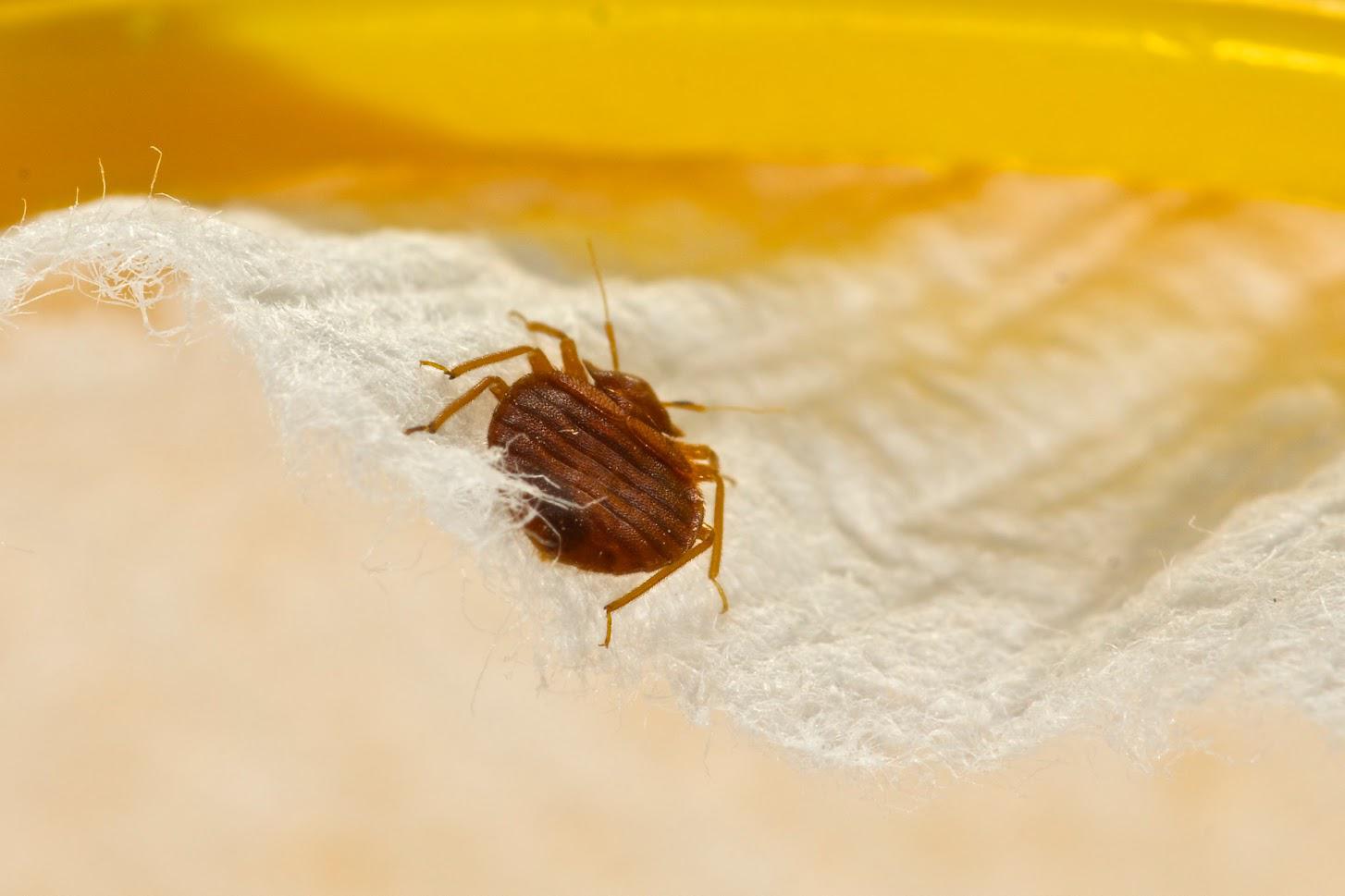Call Us Today!
Blog Post
Good And Bad Pests Found Backyard Sheds
Apr 15, 2020
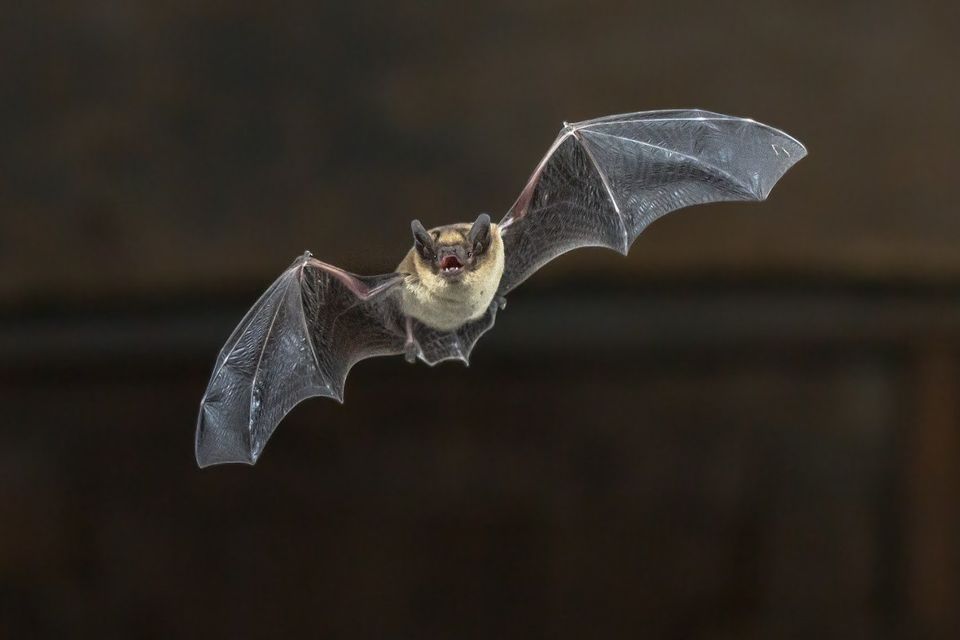
Not all pests are created equal. As a shed owner, you may notice the dark and quiet space invaded by a variety of pests. Some of the pests cause major problems while others may create fear but actually provide help in a variety of ways.
Learn about four different pests commonly found in backyard sheds. With pest control services, you may choose to remove all the pests or keep ones which provide specific benefits for your home.
Good: Bats
The idea of a bat on your property may seem scary, but bats are not naturally predatory towards humans. While the mammals are often compared to winged rodents, a bat is not a rodent at all and can actually be compared to the common honey bee.
Bats are nocturnal and will only feed in the darkness of night. Often, bats prefer the sweet nectar found in a variety of flowers and plants. Because of their feeding habits, bats will often help pollinate areas like bees. The pollination provides benefits for nature. Many bats often feed on mosquitoes and will eliminate swarms of the insect from your property.
The visual of a bat in your shed could cause fear or anxiety, so you may treat the shed to remove bats. Consider instead the installation of a bat house in a nearby tree on your property. The bat will avoid your shed and live in the tree as an alternative. With the bat house, you will reap the benefits of bat guests without compromising your shed.
Bad: Squirrels
On the surface, squirrels may seem cute and harmless, but the animals could cause major problems for your shed or home. To enter a shed, a squirrel may chew through wood or dig out openings. The open spots could make the shed vulnerable to weather elements and moisture.
Once inside a shed, nothing is off-limits to a squirrel. A squirrel could nest in lawnmowers, volleyball nets, and other items you have in storage. One of the biggest problems is their constant chewing. Squirrels are attracted to electrical wires. If you have lights or electricity in a shed, you do not want a squirrel to chew through the wires and cause electrical problems.
Along with the shed, squirrels could explore and make their way to your attic. Once they’re in the attic, you will have to worry about them chewing through wires within your home. And once squirrels nest, the babies could grow and create population problems for your home.
Good: Spiders
Like bats, spiders are another scary-looking animal that provides benefits. Spiders could seem like a problem inside your shed, but the spider will naturally help eliminate other pests in the shed or surrounding area. For example, spiders eat a variety of insects like moths and mosquitoes.
Spiders will help control the population of insects who damage shed items. Spiders themselves will not cause damage to any items in your shed. The main problems associated with the animal include a vast array of webs and the potential for spider bites. Some spider bites are poisonous and cause reactions in humans when bitten.
A pest control worker will help determine what type of spiders you have in your shed and what dangers the spider presents. For example, the brown recluse spider is extremely poisonous and a species you will want to be removed from shed areas. Spiders like a daddy long legs present little human danger.
Bad: Mice
Mice are a problem you do not want to deal with in a shed. An average litter of mice creates 6 to 12
baby mice and mice can reproduce monthly. Mice populations can increase substantially within a year and create problems for your shed area. Mice crawl between small spaces and could nest in small engines, chairs, and other outdoor items.
Mice are also known to chew through items and cause major damage. Remove mice to keep them away from shed areas. The removal also prevents the spread of disease through mice droppings.
For more information on our pest control services, contact us at Bobby Grisson's Pest Management. Our years of pest expertise will help break down what pests to remove from your home.
Share
Tweet
Share
Mail
Email:
bobbygrisson@aol.com | Phone:
(321)768-9160
Email:
bobbygrisson@aol.com
Phone:
(321) 626-8452
Email:
bobbygrisson@aol.com | Phone:
(321) 626-8452
Content, including images, displayed on this website is protected by copyright laws. Downloading, republication, retransmission or reproduction of content on this website is strictly prohibited. Terms of Use
| Privacy Policy
